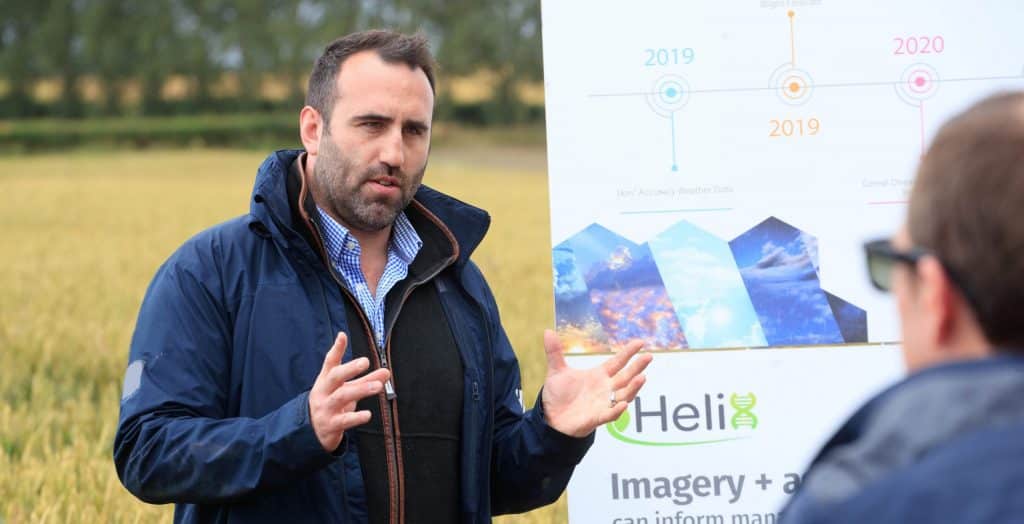Integrated crop management ‘can maximise productivity’ – Anglia Farmer
Growers looking to put land into new environmental measures can maximise productivity by planning how best to integrate them into farming systems, farmers were told at the recent Farmacy conference...
“We still need to be as productive as possible while maintaining and enhancing the environment,” said Farmacy head of integrated crop management David Howard. Flowering margins or insect species could benefit pollination and yield in crops like peas or beans, he added.
“Integrated Crop Management (ICM) allows us to achieve this – but there are many different aspects to consider.” These included economics, compliance and stewardship – alongside soil health, nutrition and disease management.
The complexity of ICM was made greater by the constantly evolving environment that farmers operated in, including anything from new disease pathogens with fungicide resistance to more extreme weather, said Mr Howard.
Plant protection
ICM could also help growers and agronomists cope with the reducing availability of effective plant protection products, he added. The withdrawal of products due to resistance and tighter regulation was arguably the biggest challenge for crop management.
In terms of fungicide resistance, the curative efficacy of some DMI and SDHI chemistry had steadily declined in recent years. At the same time, changing weather patterns had seen an increase in the number of different Septoria isolates.
“Diseases are evolving and we have to change our practices,” said Mr Howard.
Utilising varietal resistance remained a core part of integrated disease control. But that too faced challenges, especially where varieties relied on single gene resistance, he noted. This was particularly evident in terms of rust risk.
“There’s a huge geographic variation in the distribution of different rust isolates, so where you are in the country now has a big impact on whether a variety will fail or succeed.”
New ICM developments could help. Systems for monitoring disease in-field were being developed and refined, and new chemistry was still coming through from manufacturers, although new modes of action were still relatively few and far between, said Mr Howard.
Alternative products
Biological products are also gaining more interest. Trials with Nottingham University last year have shown promising results from applying a biological product at T1 to improve the disease resistance of leaf two as it emerges.
Results confirmed less disease on both leaf two and the flag leaf, although more work was needed. “Biologicals are useful, but they work very differently to what we’ve done before, so we need to understand how to get the best from them.”
Essex-based Farmacy agronomist Andrew Spackman emphasised that ICM wasn’t always about improving yields. “It’s about allowing us to better manage these changes and the increasing volatility, to mitigate the risks in a sustainable way,” he explained.
As more data became available to farmers, so there was greater scope to quantify ICM practices, plan the most appropriate options – and measure their success, added Mr Spackman. This meant analysing it correctly with the right knowledge and meaningful advice.
